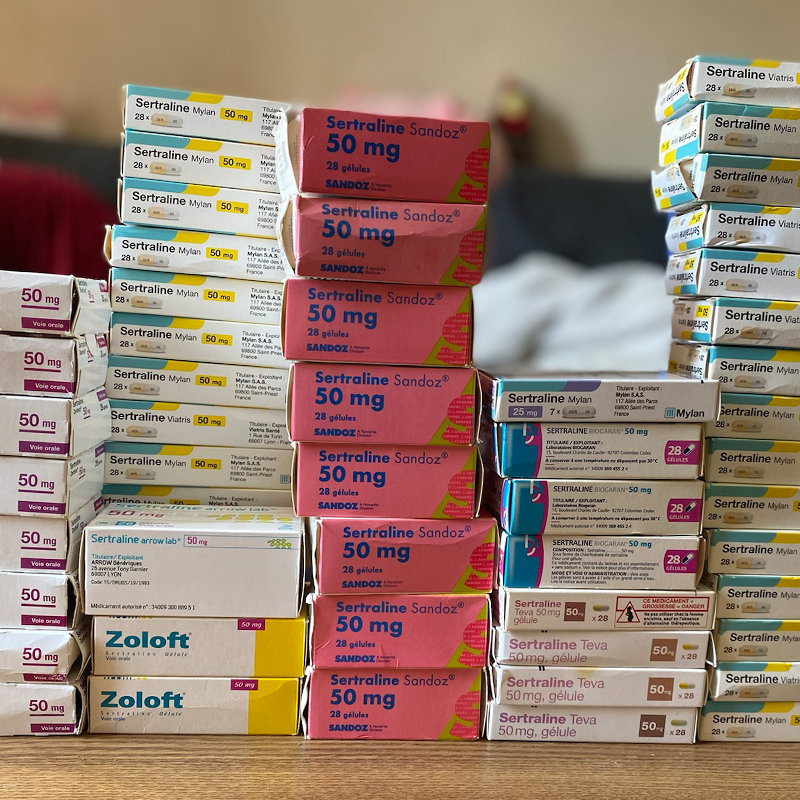Here’s what the research about chewing more says, in experiments that used either food or chewing gum.
What do teeth have to do with your brain?
Being able to chew efficiently is related to how many teeth you have. While adults usually have 32 teeth, you need 20 teeth, with at least nine or ten pairs making contact, in order to chew properly.
The hippocampus area of the brain assists with information transfer from short-term to long-term memory. It also processes spatial memory, which helps you remember practical things, like where you’ve put your phone or how to get to the shops.
Research shows not being able to chew properly, whether due to tooth loss or gum disease, affects the hippocampus through stimulating the production of stress hormones, called glucocorticoids. These impair your ability to acquire and process information.

A review of research on chewing and cognitive decline in adults found people with fewer teeth didn’t get the same amount of brain activation. The more strongly people could chew, the more blood flowed to their brains, leading to more oxygen and activity in regions of the brain linked to learning and memory.
Another review found poorer chewing was associated with faster cognitive decline and the risk of developing dementia.
This adds to the evidence that chewing ability and oral health are central to healthy ageing.
Anxiety reliever and attention booster
Chewing gum can be an inexpensive and effective way to help relieve anxiety and boost attention.
Results across eight research trials that included more than 400 adults found chewing gum more often, compared to never chewing gum, resulted in a significant reduction in anxiety.
Although the exact mechanism is not currently known, research in animal models suggests not being able to chew properly leads to the stimulation of neurons involved in emotional regulation.
Another meta-analysis of eight intervention studies that tested the effect of chewing gum found there was a small improvement in levels of sustained attention, with improved ability to maintain alertness during mentally demanding tasks in the group given gum to chew.
To reduce the amount of dental plaque and risk of tooth decay, opt for sugar-free chewing gum.

Stock up on gum when preparing for exams
A 2019 intervention study tested the effect of regularly chewing gum or not, on stress, anxiety, depression, attention and exam success.
They randomised 100 final year nursing students to either chew sugarless gum for at least 30 minutes a day for 19 days, a group who chewed gum for seven days only, or a control group who did not chew gum at all.
They found levels of depression, anxiety and stress were significantly lower in both chewing gum groups, while academic success scores were higher in 19-day gum chewers only compared to the other groups. There was no effect on self-focused attention.
So chewing gum before exams may help students overcome exam stress and enhance exam success, but might not help those who have difficulty focusing their attention.
Related Articles

Giving men a common antidepressant could help tackle domestic violence: world-first study
In April 2024, Prime Minister Anthony Albanese declared domestic and family violence a “national crisis” calling for proactive responses that “focus on the perpetrators and focus on prevention”.The issue hasn’t really improved since then.
Read more

What is gingivitis? How do I know if I have it?
Do your gums look red and often bleed when you brush them, but they’re not painful? If so, you could have the gum disease gingivitis.
Read more

Not all processed foods are bad for you. Here’s what you can tell from reading the label
If you follow wellness content on social media or in the news, you’ve probably heard that processed food is not just unhealthy, but can cause serious harm.
Read more

Kids need to floss too, even their baby teeth. But how do you actually get them to do it?
A survey from the Australian Dental Association out this week shows about three in four children never floss their teeth, or have adults do it for them.
Read more

‘Perfect bodies and perfect lives’: how selfie-editing tools are distorting how young people see themselves
Like many of her peers, Abigail (21) takes a lot of selfies, tweaks them with purpose-made apps, and posts them on social media. But, she says, the selfie-editing apps do more than they were designed for.
Read more

Pathway to purpose
From limited beginnings to limitless dreams - equity in education is giving Arthur Demetriou the chance to change the face of medicine.
Read more
Chewing may alter your perception of pain
Another study randomised 161 adults undergoing routine colorectal surgery to either chew gum four times a day post-operatively, or not chew gum.
People in the chewing gum group reported lower perceived pain on days two to five post-surgery.
Interestingly, there was no difference between groups in how long it took to pass flatus (fart) or a bowel motion. These signal a return to normal gut function after surgery.

A trial in a children’s hospital in Turkey randomised 73 children having an IV cannula inserted to receive either a chewing gum intervention during the procedure or standard care only.
Both nurses and children reported significantly lower pain levels among the chewing gum group compared to the usual care.
While exact mechanisms are not confirmed, the analgesic effects of chewing gum appear to be mediated via neurons in the brain related to serotonin, a neurotransmitter that affects body functions including mood and anxiety.
Chewing your food well can reduce your appetite
A systematic review of studies using foods looked at the impact of people receiving advice to consciously slow down when eating and chew more, on aspects of appetite and food intake.
The study participants reported less hunger, desire to eat and ate significantly less food, compared to people eating as usual.
Putting all this research together, it appears that chewing gum may be an easy “go to” intervention with benefits for your brain. Take care though, as “sugar free” gum usually contains sorbitol, a common artificial sweetener and can trigger diarrhoea if consumed in excess.
Chewing gum can also lead to aerophagia, meaning too much air is swallowed, and trigger abdominal distention or discomfort – although researchers found chewing gum does not make you burp more.
When it comes to food, the advice to “take time to chew your food properly” is wise.
Maintain good oral health by brushing your teeth, having regular dental check ups and, for those with tooth loss, good fitting dentures. And, if you grab some chewing gum, make sure it’s sugar-free.
This article is republished from The Conversation under a Creative Commons license. Read the original article.

